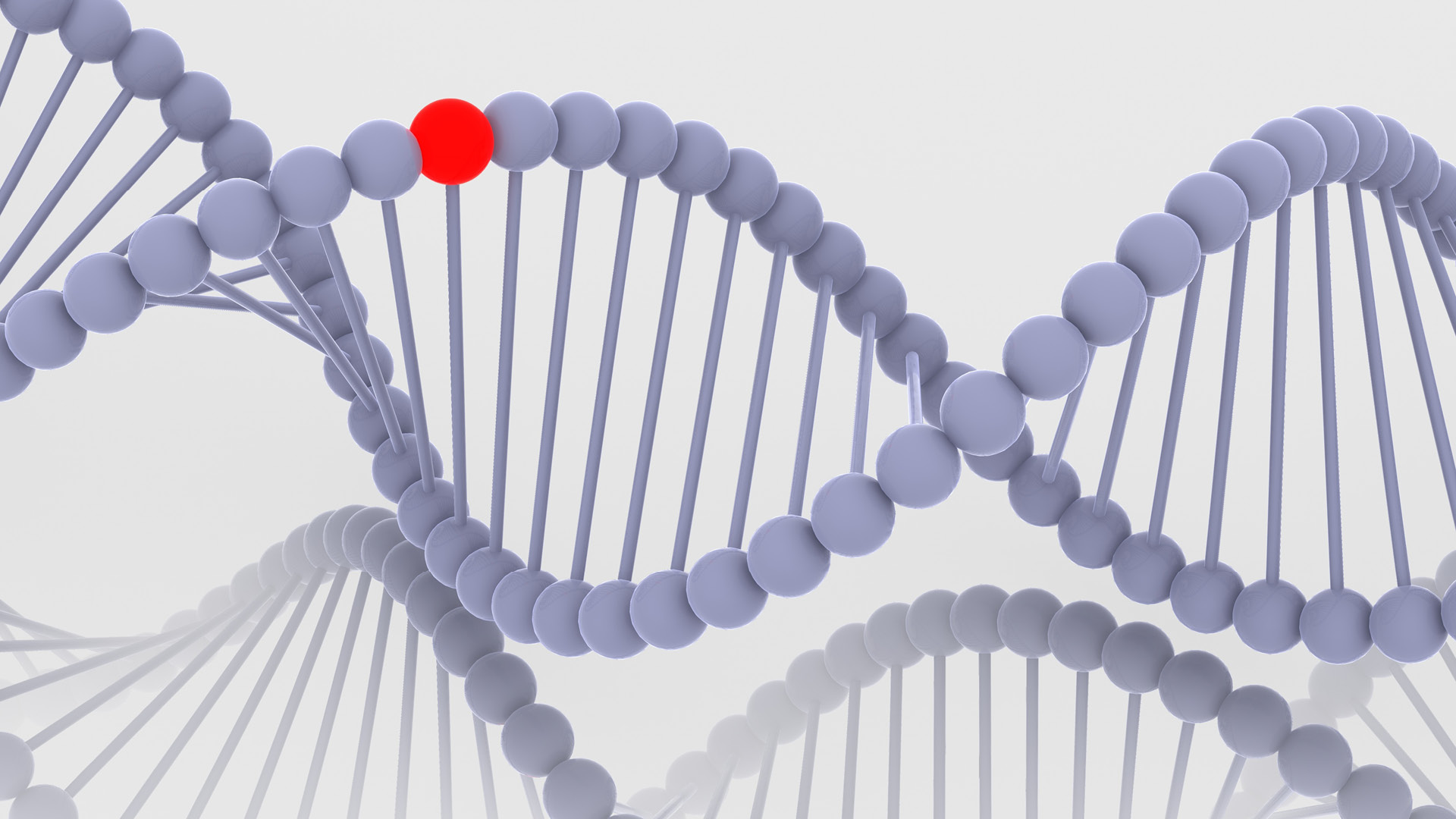PhD Course (D.M.226/2021)
Biomolecular Sciences

 COURSE SUMMARY
COURSE SUMMARY
The PhD programme in Biomolecular sciences, offered by the Department of Cellular, computational and integrative biology-CIBIO, aims to train specialists through a multidisciplinary approach, equipping them with both the theoretical and practical knowledge required to implement innovative biotechnological processes.
PhD students also acquire the skills necessary to conduct high-level research autonomously and with scientific rigour, whether in universities or in public or private institutions, in biomedicine, biotechnologies and molecular-based clinical diagnostics.
The course in brief
 OVERVIEW
OVERVIEW
The programme includes 3 tracks:
- biomolecular sciences;
- bio-industry;
- quantitative biology.
- Biochemistry
- Bioinformatics
- Computational biology
- Systems biology
- Development biology
- Cellular and molecular biology
- Synthetic biology
- Structural biology
- Organic chemistry
- Genetics
- Cancer genomics
- Microbic genomics
- Lipidomics and biomembranes
- Metabolomics and metabolic imaging
- Nanobiotechnologies
- Neurobiology
- Genic therapy
- Molecular vaccinology
- Molecular virology
BIO/01 - General botany
BIO/06 - Comparative anatomy and cytology
BIO/09 - Physiology
BIO/10 - Biochemistry
BIO/11 - Molecular biology
BIO/13 - Experimental biology
BIO/14 - Pharmacology
BIO/17 - Histology
BIO/18 - Genetics
BIO/19 - General microbiology
CHIM/01 - Analytical chemistry
CHIM/06 - Organic chemistry
CHIM/10 - Food chemistry
FIS/07 - Applied physics (in cultural and environmental heritage, biology and medicine)
INF/01 - Informatics
ING-INF/06 - Electronic and informatics bioengineering
MAT/05 - Mathematical analysis
MED/04 - Experimental medicine and pathophysiology
MED/07 - Microbiology and clinical microbiology
MED/16 - Rheumatology
SECS-P/08 - Management
To apply for the PhD programme, you must have:
- a specialist or master's degree under Ministerial decree 270/2004 or
- a degree issued under the previous regulations;
- an equivalent academic qualification obtained abroad (master's degree) that allows admission to the PhD program in the education system or in the country of issue and that is considered suitable by the selection committee for the sole purpose of accessing the course. More information can be found through CIMEA/NARIC - Centro Informazioni Mobilità Equivalenze Accademiche: Banca dati dei sistemi universitari.
Students selected by special committees for specific international mobility programmes in which the University of Trento participates may also apply.
Update of 16 June 2025
For this doctoral course the following are available:
- 21 places divided as follows:
- 19 places covered by scholarships (of which 13 are topic-specific scholarships);
- 2 non-scholarship places;
- 1 additional place related to the specific topic: Borsa N - Ripristino dell’espressione di fratassina tramite riprogrammazione dello splicing alternativo con base editing / Rescuing Frataxin Expression by Alternative Splicing Reprogramming with Base Editing (update of 25 June 2025);
- 1 additional place related to the specific topic: Borsa O - Valutazione dell’efficacia della riprogrammazione della sequenza di Kozak nelle malattie da aploinsufficienza / Assessing the Extent of Kozak Reprogramming Effectiveness in Haploinsufficient Diseases (update of 25 June 2025);
- 2 supernumerary places without scholarship.
The breakdown of the available places and the details of the funded positions are specified in the admission call.
Students selected by special committees for specific international mobility programmes in which the University of Trento participates may also apply.
The admission call indicates:
- admission requirements;
- deadlines;
- admission procedure;
- details of the funded positions;
- availability of scholarships.



